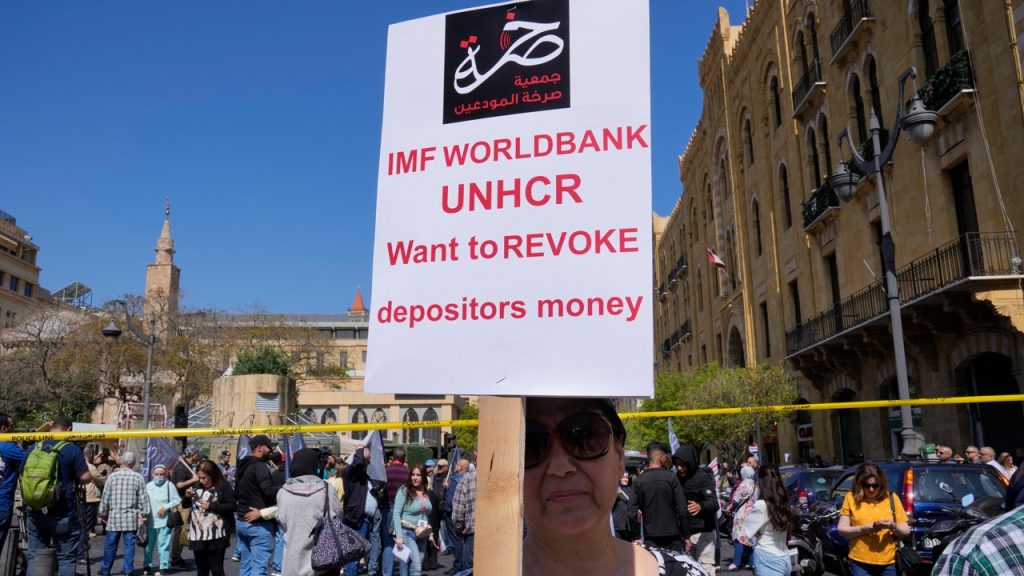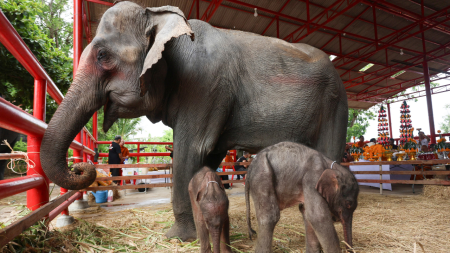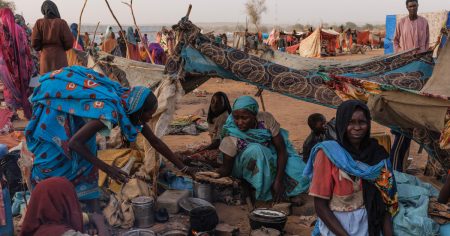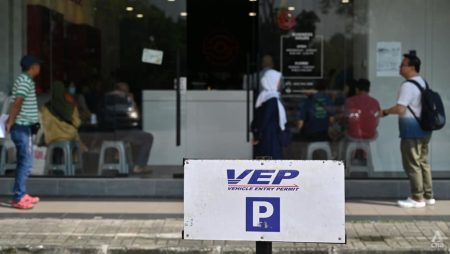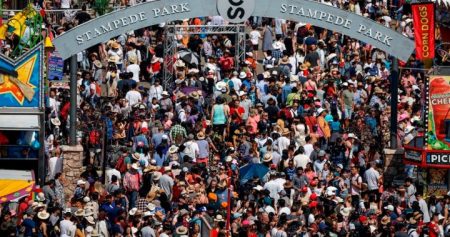Over the past decade, poverty in Lebanon has tripled, according to a report by the World Bank. The percentage of people living below the poverty line increased from 12% in 2012 to 44% in 2022. The country’s financial crisis, which began in late 2019, led to the collapse of the currency, inflation, and a plummeting GDP, erasing many citizens’ life savings. The report provided a detailed snapshot of the economic circumstances in Lebanon, based on surveys conducted in five out of eight governorates.
The data revealed stark differences in poverty levels between regions and among Lebanese citizens and Syrian refugees. In Beirut, poverty decreased from 4% to 2% during the decade surveyed, while in the Akkar region, it increased from 22% to 62%. Among Lebanese, the poverty rate was 33% in 2022, compared to 87% among Syrians. The report also highlighted the prevalence of unskilled jobs among Syrian refugees and the impact of multidimensional poverty, which takes into account access to services like education and electricity.
Lebanon’s initial hopes for a bailout from the International Monetary Fund were stalled due to limited progress on required reforms, including restructuring the banking sector. While there has been some progress in monetary and fiscal reforms, according to the IMF, the measures have fallen short of enabling a recovery from the crisis. The country’s governance, transparency, and accountability reforms are still limited, and an overhaul of the banking sector is necessary to prevent the growth of the cash and informal economy.
The World Bank’s estimation that the cash economy now makes up 46% of Lebanon’s GDP has raised concerns about money laundering and potential inclusion on the Financial Action Task Force’s “grey list.” The booming cash economy has emerged as Lebanese citizens, wary of banks post-crisis, turn to hard currency for transactions. This shift has created regulatory and supervisory challenges, posing a risk of money laundering and terrorism financing. Without fundamental reforms, including addressing governance issues and restructuring the banking sector, it will be difficult for Lebanon to overcome the economic crisis and curb the growing cash economy.





